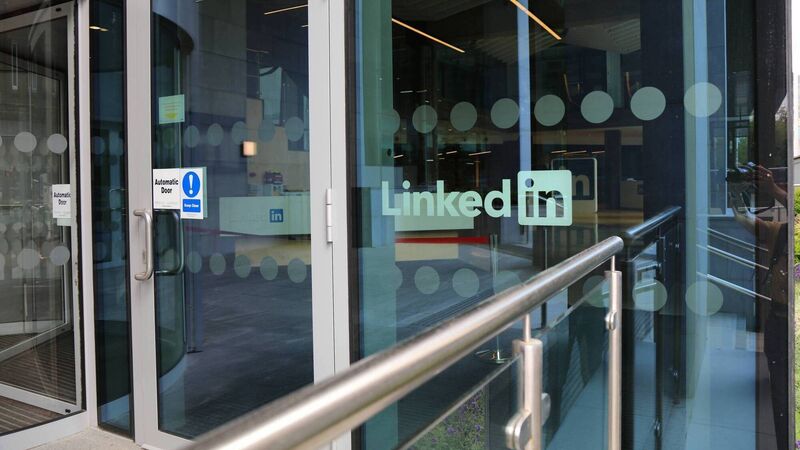John Whelan: EU to simplify AI Act amid pressure from tech giants

Microsoft-owned LinkedIn has reason to hope for the easing of Europe’s AI Act, as it has faced financial sanctions in the past.
The European Commission is preparing to unveil amendments to the AI Act on November 19 in an attempt to simplify the EU's digital regulatory framework.
The move to revise the AI Act follows sustained lobbying from US tech giants and the EU tech sector. In October, the Computer and Communications Industry Association (CCIA), whose members include Apple, Meta, and Amazon, launched a campaign pushing for simplification of not only the AI Act but the EU’s entire digital rulebook.














